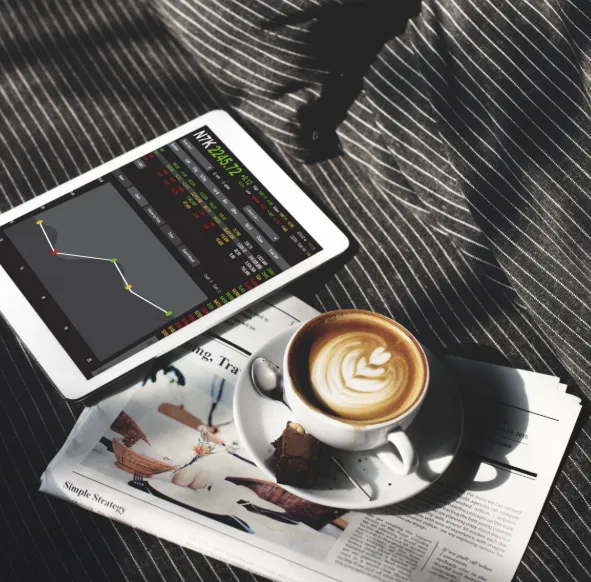Opening an online trading account may seem simple, but there are several important aspects to consider before you dive in. In today’s world, online trading is accessible to anyone with an internet connection, making it easier for individuals to participate in the stock and forex markets. However, understanding what to look for in a trading platform can significantly impact your success. Whether you’re new to trading or looking to switch brokers, here are key factors you should keep in mind when opening an online trading account.
Understanding How Funded Trading Accounts Work
The internet has revolutionized the way people trade. With easy access to tools once reserved for institutional brokers, retail traders can now participate in markets from the comfort of their homes. Some brokers and trading firms recognize the potential of individual traders and offer funded trading accounts. In such arrangements, traders are provided with capital to trade in exchange for a share of the profits. However, these accounts usually come with specific requirements, such as proving your ability to meet profit goals during a trial period. Once you’ve successfully completed this phase, you may receive initial trading capital, which comes with certain conditions designed to limit risk.
For example, some programs may require traders to meet profit targets within a set number of trading days, like the FTMO program, which mandates that traders achieve a €500 profit within 60 days while adhering to daily loss limits.
10 Key Considerations Before Opening Your Trading Account
- Trading Features
Before opening an account, ensure that your broker offers the specific trading options you need, such as forex or stock trading. While most brokers provide online platforms, it’s essential to check how these platforms perform. A good idea is to test the system with a demo login to ensure everything functions smoothly. - Leverage Options
Leverage is crucial, especially for intraday and futures trading. A higher leverage allows you to trade with more capital, increasing potential returns. However, be cautious about overusing leverage, as it also amplifies the risks. Make sure your broker offers a reasonable amount of leverage for your trading needs. - Account Integration
Your trading account should ideally integrate smoothly with your demat (DP) and bank accounts. Ensure that your account is either a 2-in-1 or 3-in-1 account for easy management. A streamlined process for deposits, withdrawals, and fund transfers is vital for a hassle-free trading experience. - Broker Reputation
Always research a broker’s reputation before opening an account. This includes looking into the quality of their customer service, handling of complaints, and punctuality in payment processing. Feedback from other traders can often provide valuable insights into the broker’s reliability. - Transaction Fees and Costs
Different brokers charge different fees, and these can add up quickly. It’s essential to understand both the brokerage and settlement fees. Calculate your break-even point for each trade, factoring in these costs to determine the profitability of your trades. - Mobile Trading Support
In today’s fast-paced world, being able to trade on the go is crucial. Ensure that your broker offers a mobile app with the features you need, such as real-time alerts and easy access to your trading account. This will allow you to manage your portfolio effectively from anywhere. - Account Opening Process
The process of opening a trading account should be efficient and hassle-free. In India, many brokers now allow you to open an account online using Aadhar card verification. Ensure that the process, from application to account approval, is quick and seamless, ideally within a few days. - Research and Resources
A good broker should provide comprehensive research resources to help you make informed decisions. This includes market news, trend analysis, trading strategies, and investment ideas. Make sure the broker offers relevant research tools that can help you improve your trading performance. - Advanced Trading Tools
Look for brokers that offer analytics and screeners, which allow you to filter stocks based on specific criteria such as dividend yield, P/E ratio, or volume. These tools can help you identify potential trading opportunities more efficiently, providing an extra edge in your trading strategies. - Advisory and Support
Sometimes, even experienced traders get stuck in certain positions. A good broker should offer advisory services, guiding you on actions like setting stop-loss orders, using options to hedge, or rebalancing your portfolio. This type of support can be invaluable, especially during volatile market conditions.
Conclusion
Opening an online trading account is a significant step in your investment journey. By considering the factors mentioned above, you can ensure that your account setup aligns with your trading goals and preferences. A trading account is not just about executing trades; it’s about finding the right platform, tools, and support to help you succeed. Choose wisely and set yourself up for a profitable trading experience.













